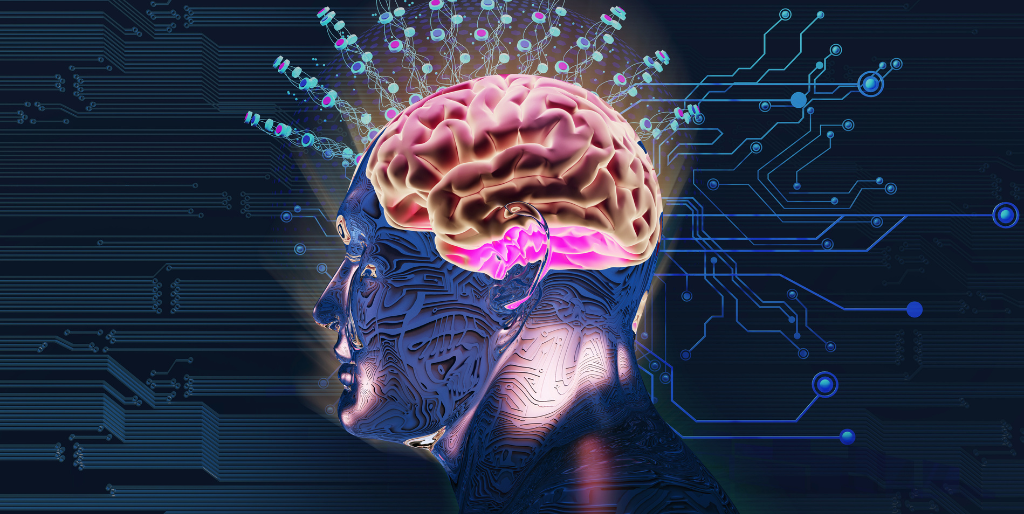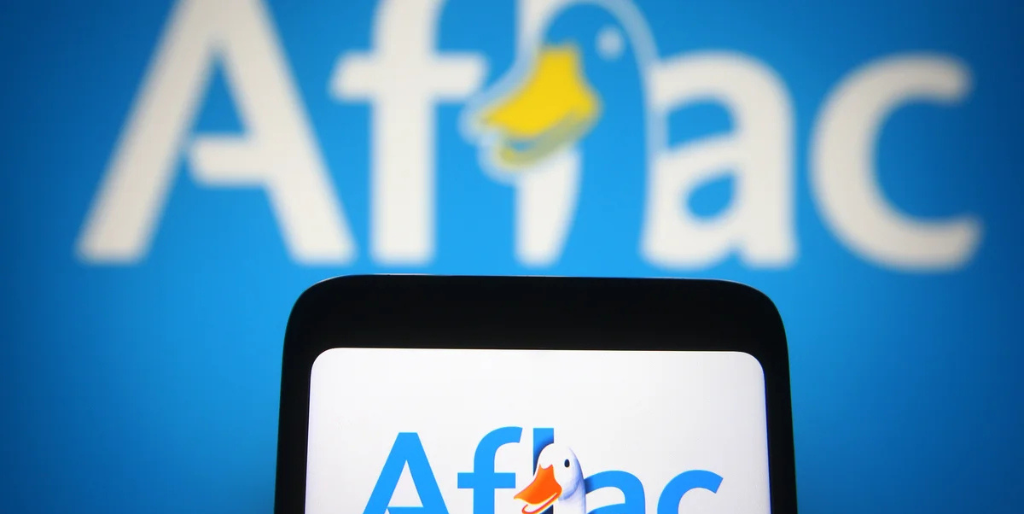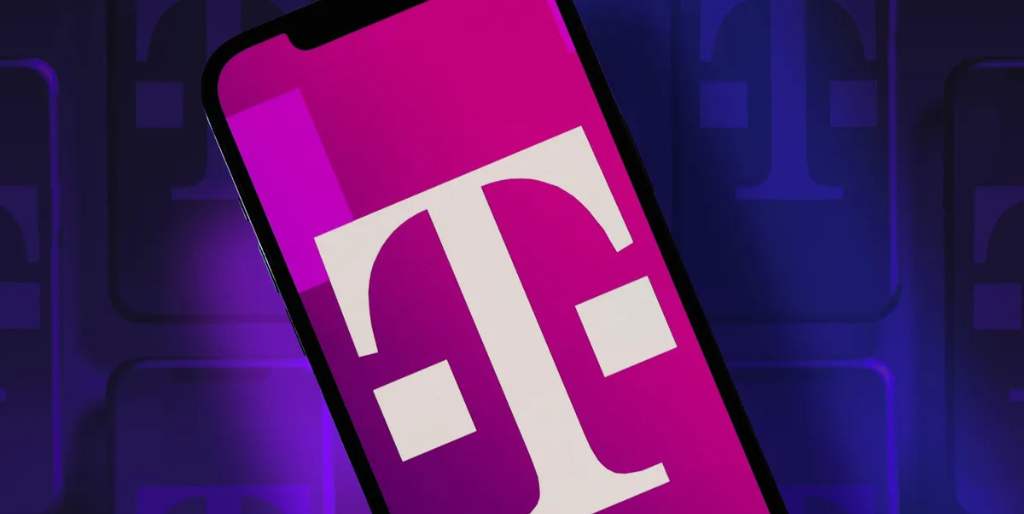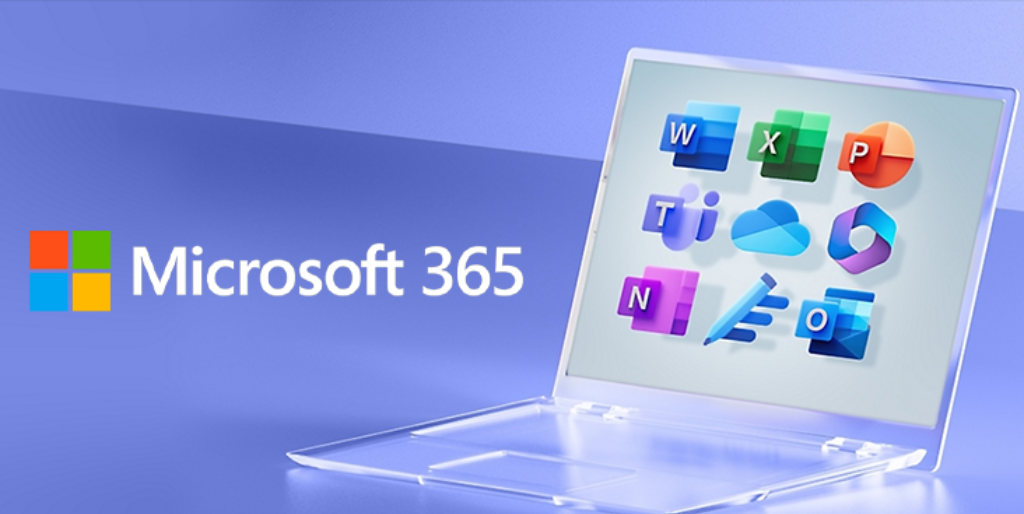According to a Study, Writing Essays With ChatGPT Reduces Brain Activity
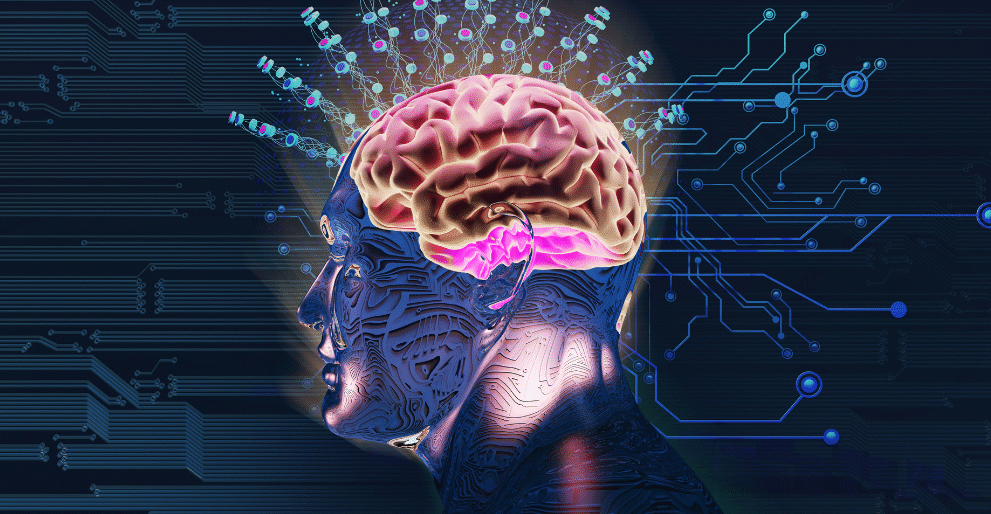
A recent study from the MIT Media Lab has raised concerns about the cognitive impact of using ChatGPT for writing. Researchers found that essay-authoring with AI assistance leads to significantly lower brain activity, reduced critical thinking, and diminished memory retention compared to traditional writing methods.
🧠 The Study at a Glance
- Participants & Methodology: 54 volunteers aged 18–39 were split into three groups—one using ChatGPT, another using Google Search, and a control group writing unaided. Each participant penned multiple short essays over several sessions while wearing EEG headsets to monitor brain activity. =
- Key Findings:
- The ChatGPT group displayed the lowest neural engagement, with as much as 55% less brain activity compared to the unaided group.
- These participants also showed weaker memory recall of their own writing and a decreased sense of ownership over their work.
- Those using Google Search fell between AI and unaided writers in terms of brain connectivity and cognitive engagement.
📉 Long-Term Cognitive Effects
The study followed participants over several months. Notably:
- Humans using ChatGPT first continued to show suppressed brain activity later, even when they switched to unaided writing — suggesting lasting effects.
- By comparison, those who began unaided and then used AI only temporarily showed a temporary dip.
🧩 Why This Matters
Researchers warn that overreliance on AI for writing may produce what they call “cognitive debt” — weakening the brain’s ability to think critically, create, and retain information. These skills are essential in education, professions, and daily problem-solving.
🗣️ Experts Weigh In
- Nataliya Kosymyna, lead author, cautions that while AI is convenient, the trade-off could be long-term erosion of neural engagement.
- Nicola Jones of Nature urges careful interpretation, noting the study’s sample size is small and results are preliminary.

🏫 What Educators Should Do
- Use AI judiciously: Encourage students to draft independently before turning to tools like ChatGPT to avoid dampening mental effort.
- Integrate intentional workflows: Start manually writing, then leverage AI to edit or enhance—this hybrid approach preserves engagement.
- Monitor student learning outcomes as AI becomes more common in classrooms.
📢 Final Thought
While ChatGPT can speed up writing, this study suggests it may come at a cost—lowered brain engagement, weaker memory, and reduced creativity. The message isn’t to ban AI—but to balance convenience with active cognitive participation.


 English
English 

